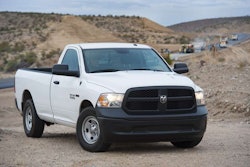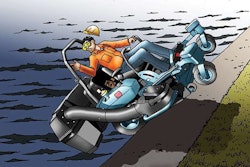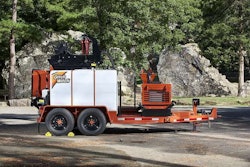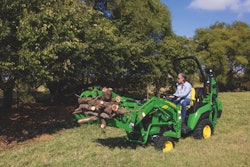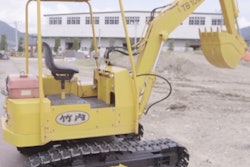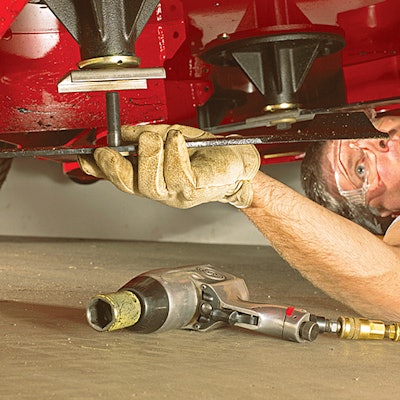
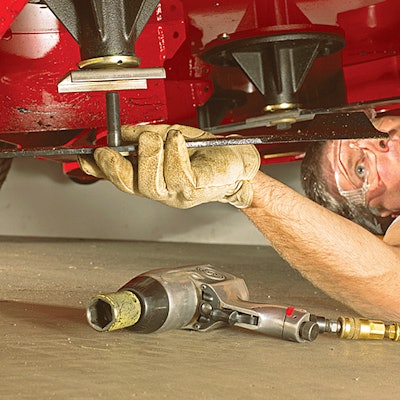
Just as cars require preparation for the winter months, lawn mowers and other lawn equipment do too. To increase the usable life and efficiency of lawn equipment, winterizing is essential. However, you do not necessarily need to take your equipment to a service shop.
This step-by-step process explains how to winterize lawn equipment. Winterizing involves cleaning, draining and replacing the parts of the tool and is necessary for any equipment that uses a gasoline engine.
1. To start, inspect the blades, belts and other parts of the lawn mower to see if any replacement parts are necessary. As a safety precaution, before removing a blade, it is important to disconnect the power source. To remove blades for sharpening, block the blade and unscrew the bolt or nut. It is also recommended to use a block of wood to hold the blade still while unscrewing.
2. Drain the oil from the lawn mower. As lawn equipment sits unused, the engine oil becomes sludgy and “gunk” goes through the engine making it run less efficiently. Warming up the oil up before draining will make it easier to remove and will take the dirt in the oil pan with it. This can be done by running the engine for a few minutes. To dispose of the oil, take it to a local hazardous waste facility or recycling center. This also poses the perfect opportunity to change the oil filter.
Related: 5 Ways to Prep Mowers for Winter
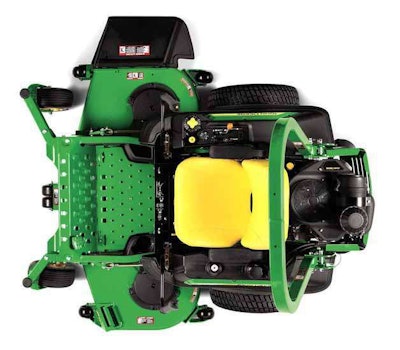
4. While on the topic of gasoline, to preserve the gas during the winter months, pour some stabilizer in it, which will keep the gas fresh for around six months. For smaller lawn and garden equipment, such as weed eaters and trimmers, drain all of the gas for winter storage.
5. Change dirty air filters. A dirty filter can cause the engine to run hotter and less efficiently. Cleaning the air filter is also a viable option.
6. Spark plug preservation is the final step in winterizing. Remove the plug with a socket wrench and clean the rust and dirt off of it. In some instances, the spark plug needs replacing.
Cleaning the exterior of lawn equipment is also a good idea, because the dirt on the metal can eventually cause rusting.
Information provided by the Lawnmower Tire Store

